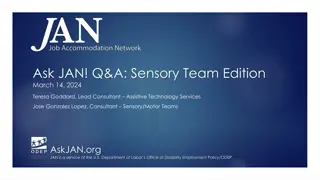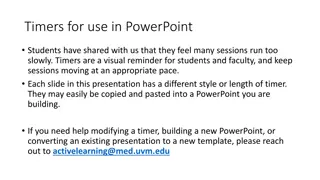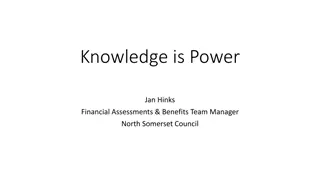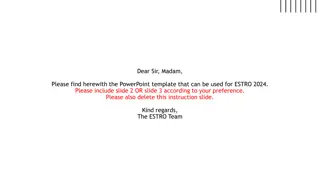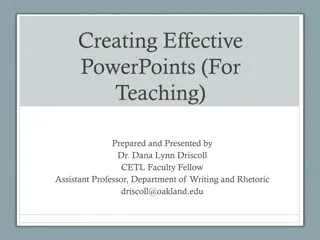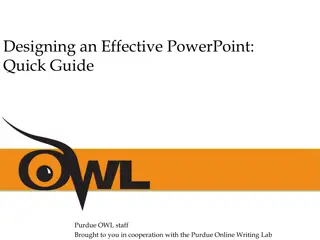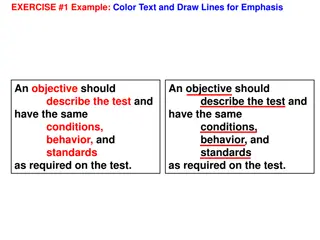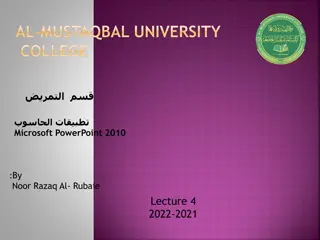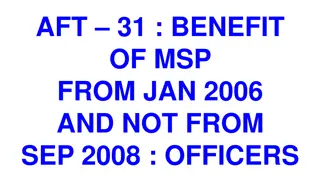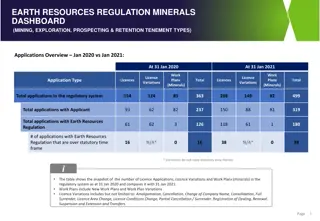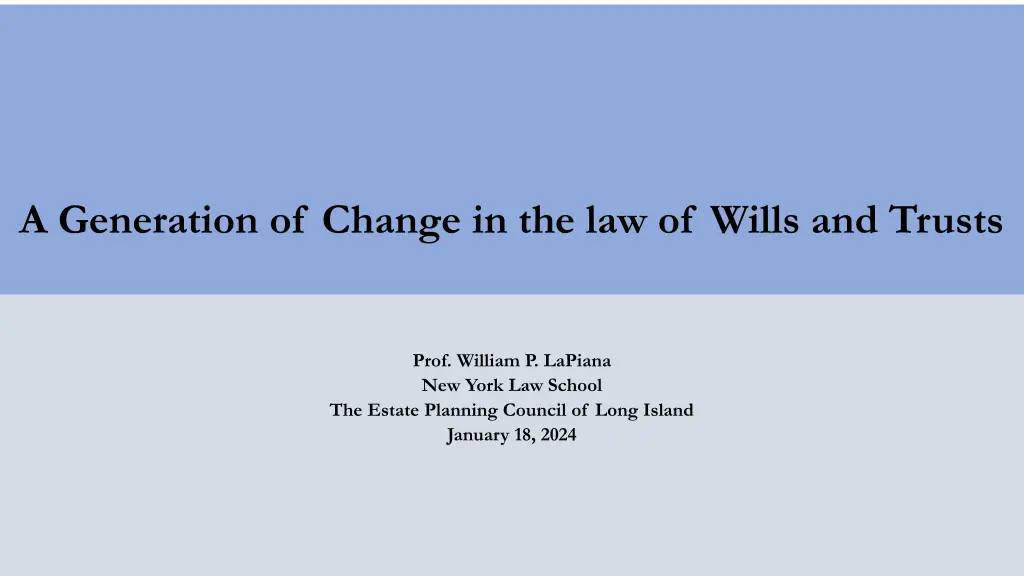
Changing Landscape of Wills, Trusts, and Family Law
Explore the evolution of wills and trusts law, shifts in family composition, and updates in the dynamics of trust administration. Topics include formalities in wills and trusts, marriage laws, parentage issues, and the evolving nature of trusts. Dive into discussions on the impact of legal changes on wealth transfer taxes and the practical application of laws in estate planning.
Download Presentation

Please find below an Image/Link to download the presentation.
The content on the website is provided AS IS for your information and personal use only. It may not be sold, licensed, or shared on other websites without obtaining consent from the author. If you encounter any issues during the download, it is possible that the publisher has removed the file from their server.
You are allowed to download the files provided on this website for personal or commercial use, subject to the condition that they are used lawfully. All files are the property of their respective owners.
The content on the website is provided AS IS for your information and personal use only. It may not be sold, licensed, or shared on other websites without obtaining consent from the author.
E N D
Presentation Transcript
A Generation of Change in the law of Wills and Trusts Prof. William P. LaPiana New York Law School The Estate Planning Council of Long Island January 18, 2024
Topics Family composition Wills and Trusts formalities The changing nature of the trust Wealth transfer taxes
Family Composition Marriage Equitable Distribution 236B Matter of Greiff, 92 N.Y.2d 341 (1998) 1997 2011 1980 1998 Marriage Equality Act DRL 10-A Revised Elective Share EPTL 5-1.1-A
Family Composition Parentage Non-martial children EPTL 4-1.2(a)(2)(C)(i) amended in 1987; genetic marker test sufficient to prove parentage Male parentage can be definitively established Female parentage now no longer certain
Family Composition CPSA February 21, 2021 Legalization of gestational surrogacy, DRL 122 Parentage through intent EPTL 4-1.3 parentage of children born of a pregnancy that begins after intended parent s death. Written consent Distributee and included in class gifts in instruments Ignored for Rule Against Perpetuities Assisted Reproduction
Family Composition Beyond Adoption DRL 117 and preservation of family relationships for inheritance and under instruments when adoptive parent or parents are related to adopted person s grandparents or married to spouse of parent Parentage for custody, visitation, and support by agreement: Brooke S.B. v. Elizabeth A.C.C. (2016) De facto parentage under Uniform Parentage Act
Wills and Trust Formalities Restatement of Property (Third) 6.2 cmt. yy gift perfected by intent alone Harmless Error rule and the rise of intent New York rules basically unchanged since 1830 Admit to probate if clear and convincing evidence document was meant to be a will UPC 2-503; N.J. Stat. 3B:3-3 No worry about presence NJ courts have held no need for signature, but author must give final assent, In re Will of Macool Presumption when attorney supervises
The Changing Nature of the Trust Investments Harvard College v. Amory prudent person Restatement of Trusts (Third) prudent investor Power to adjust EPTL 11- 2.3(b)(5); statutory unitrust 11-2.4 1869 1995 1830 1992 2001 EPTL 11-2.3 prudent investor King v. Talbot legal list
The Changing Nature of the Trust Trustees Directed Trustees Excluded Co-Trustees Effects of Delegation Marketing investment advice separately Change in the role of the classic corporate trustee Private trust companies
The Changing Nature of the Trust Revocable Trusts Modify the merger rule: beneficiary can be sole trustee EPTL 7-1.1 Formalities for Creating EPTL 7-1.17(a) Amending and revoking EPTL 7-1.17(b) Funding EPTL 7-1.18 1997 Legislation A new era for the revocable trust Failure to enact procedural provisions which are included in NYTC Case law makes the trustee responsible only to the person with the power to revoke, codified in NYTC
Detour Nonprobate Property
The Changing Nature of the Trust Modification New York now lags behind (except in a minute) EPTL 7-1.6 apply principal to income beneficiary EPTL 7-1.9 revoke with consent of creator and beneficiaries Equitable deviation administrative terms and only in desperate circumstances, Matter of Pulitzer Restatements (Third) of Property and Trusts, UPC, UTC Termination on consent of all beneficiaries only if squares with material purpose Modification of administrative and dispositive terms if unanticipated circumstances and will further purposes Modification of administrative terms if continuation impractical or wasteful Reformation whether or not ambiguous Decanting, where NY led the way
The Changing Nature of the Trust Rule Against Perpetuities Effectively neutered in 34 states New York does not change Why? Two rules Lack of candid explanation of saving clause No emphasis on real dangers exercise of powers of appointment Too much emphasis on complications Inconsistent approaches to reform Statutory mitigation
Wealth Transfer Taxes Diminishing scope of the federal wealth transfer taxes Increasing exemption Unlimited marital deduction Portability The GST tax seems to be an anomaly Constantly under attack Also increasing exemption But not as much as federal The cliff The lack of portability New York
Final Thoughts Ever increasing dead hand control The death of the Rule Against Perpetuities The power of the no contest clause--Salce v. Cardello, 348 Conn. 90, 301 A.3d 1031 (2023). Giving it away but keeping it Self-settled spendthrift trusts Secret trusts Grantor motivated decantings The Revised Statutes of 1830



